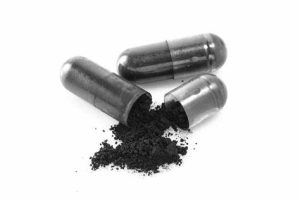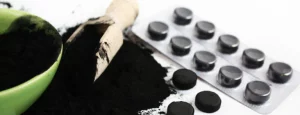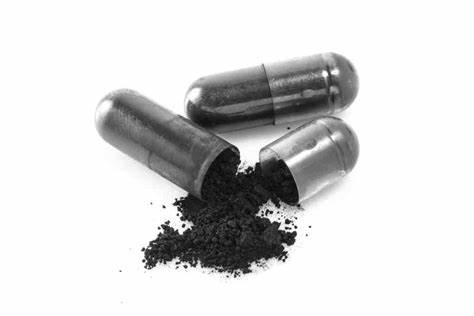Introduction
Emergencies can happen when you least expect them, and in cases of poisonings and drug overdoses, time is of the essence. One invaluable tool in these situations is activated charcoal. In this article, we’ll explore how activated charcoal plays a crucial role in medical emergencies by absorbing toxins in the digestive system, potentially saving lives.
The Urgency of Poisonings and Drug Overdoses
Poisonings and drug overdoses are critical situations that require swift and effective intervention. When someone has ingested a harmful substance, whether accidentally or intentionally, it’s vital to remove the toxin from the body as quickly as possible.
Activated Charcoal: The Secret Weapon
Activated charcoal is an unsung hero in the world of emergency medicine. It is a specially prepared form of carbon known for its remarkable ability to absorb a wide range of toxins and chemicals. This absorbent power is the key to its effectiveness in treating poisonings and drug overdoses.

How Activated Charcoal Works
Activated charcoal’s porous structure provides a vast surface area for toxins to adhere to. When ingested, it moves through the digestive system, and along the way, it binds to toxic substances, effectively trapping them. This prevents the toxins from being absorbed into the bloodstream.
Indications for Use
Activated charcoal is typically administered in medical settings for specific cases of poisoning or drug overdose. Some key indications include:
- Ingestion of Toxic Substances: When someone has ingested a harmful substance, such as household chemicals or drugs, activated charcoal can be administered to limit the absorption of the toxin.
- Overdoses: In cases of drug overdoses, activated charcoal can help reduce the impact of the excessive drug in the body. This can be a lifesaving intervention, especially when dealing with substances like opioids.
- Gastrointestinal Decontamination: Activated charcoal is also used in situations where decontaminating the digestive system is necessary, such as after exposure to certain chemicals.
Administration and Timing
Activated charcoal is typically administered as a suspension, and the timing of its use is crucial. It is most effective when given as soon as possible after toxin ingestion, ideally within the first hour. The sooner it’s administered, the better the chances of preventing the absorption of the toxin.
Monitoring and Support
While activated charcoal can be a lifesaver in emergencies, it is not a standalone solution. Individuals who receive activated charcoal typically require close monitoring and supportive care in a medical setting. This ensures that the absorption and elimination of the toxin are effectively managed.

Conclusion
Activated charcoal is a vital tool in the arsenal of emergency medicine, offering a lifeline in cases of poisonings and drug overdoses. Its ability to absorb toxins in the digestive system can make a critical difference in preventing the harm caused by harmful substances. While activated charcoal is a powerful intervention, it should only be administered by healthcare professionals in the appropriate medical context. The world of emergency medicine is one of swift and effective actions, and activated charcoal is a prime example of how science and technology work together to save lives.




